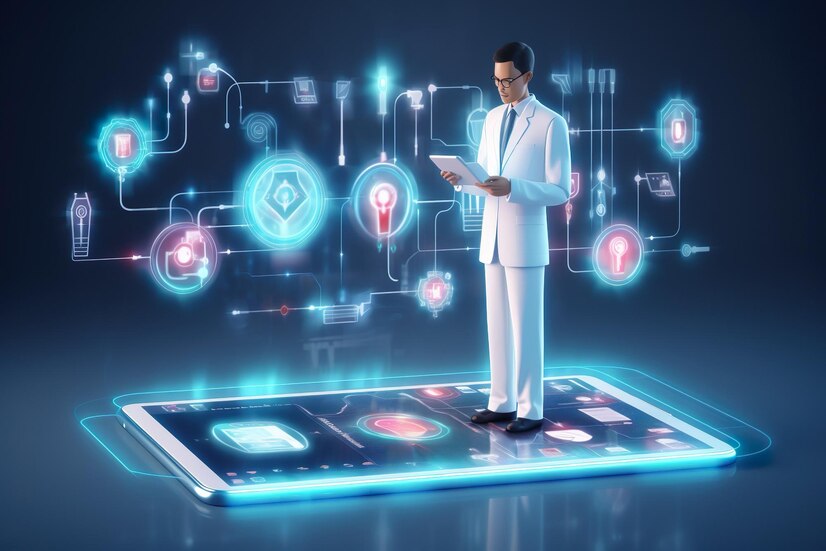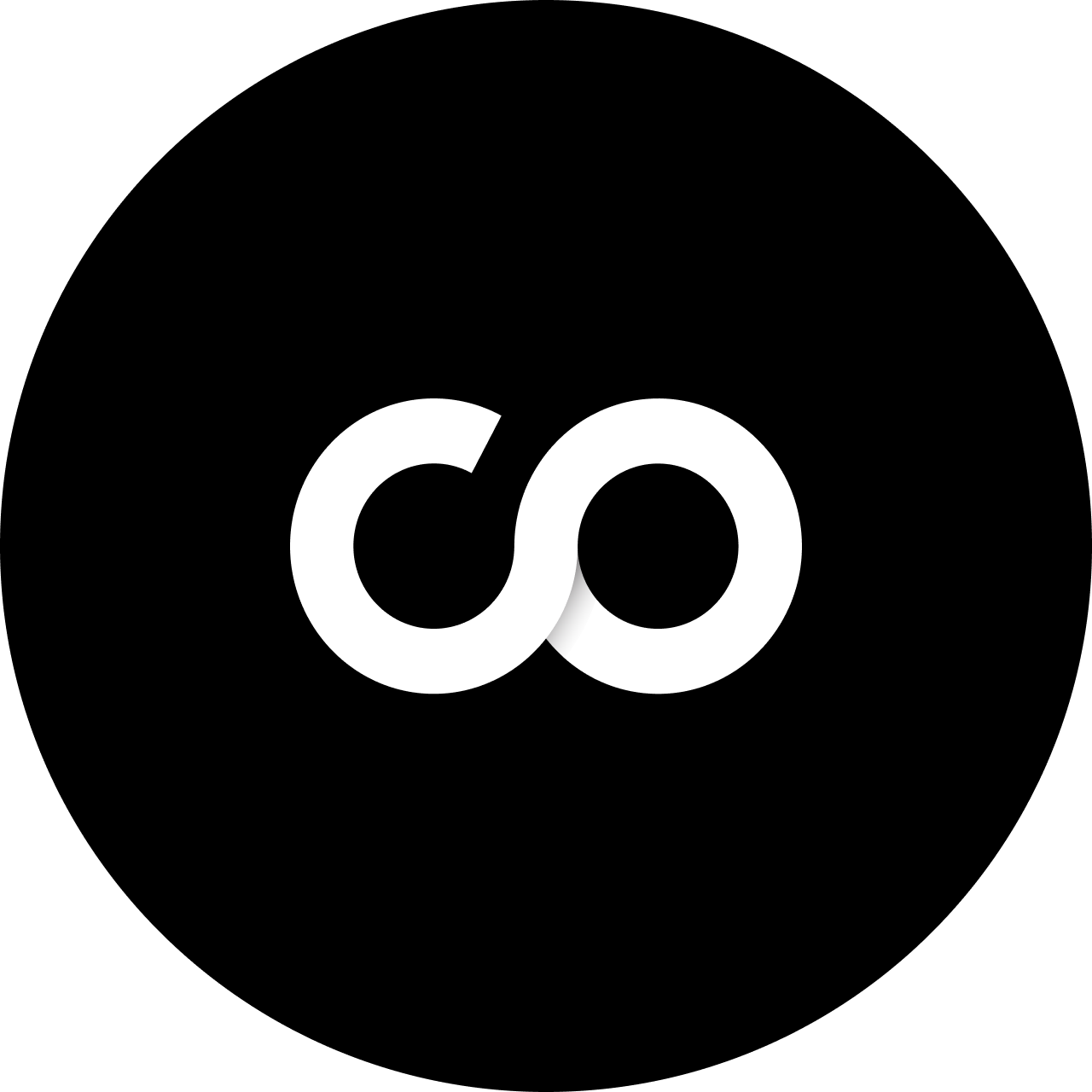
In the current digital era, mobile apps are transforming the way patients receive and interact with healthcare. The days of protracted wait periods, difficult appointment scheduling, and restricted access to medical records are long gone.
Patients now have incredible power at their fingertips thanks to the widespread use of mobile technology, enabling them to take charge of their health and well-being like never before.
75% of Americans own one and spend more than four hours per day on their mobile devices, 88% of which is spent interacting with mobile apps.
The widespread use of smartphones has made the field of mHealth (mobile health) innovation very conducive. Apps are becoming a more popular way for people to manage their lives, and healthcare is no different.
In 2019, the global digital health market was worth an estimated 175 billion U.S. dollars. With an expected CAGR of almost 25 percent from 2019 to 2025, the digital health market should reach nearly 660 billion dollars by 2025.
Furthermore, according to Statista, in the first quarter of 2022, there were 51,370 iOS healthcare apps in the Apple App Store and approximately 52,565 healthcare apps in the Google Play Store.
Let’s see how the rise of mobile apps is transforming healthcare delivery in the modern scenario.
Healthcare mobile apps for patients
The healthcare sector has benefited from digitalization by strengthening its patient-centered strategy and preserving patients’ health while offering a convenient mobile app experience.
These applications cover everything, including finding certified doctors, researching healthy living options, and shopping for medical supplies.
The development of healthcare apps has played an integral role in empowering patients with quick information.
In addition to providing assistance to patients, mobile applications
- Facilitate the easy collection and storage of private health information by physicians.
- Patients can use healthcare mobile apps to directly input their insurance cards and other information.
- It helps healthcare providers decrease paperwork errors.
Medical mobile applications changing the healthcare space
The way we work, interact, and communicate has radically changed as a result of mobile apps for healthcare.
According to research published in the International Journal of Environmental Research and Public Health, the global consumerization of m-Health in numerous disciplines of healthcare, fitness, and wellness areas is unprecedented.
Let’s talk about the main ways that mobile medical applications are changing the healthcare industry.
Prompt access to healthcare
Gone are the days when one had to make physical visits in order to book an appointment with the doctor. Healthcare mobile app services in the medical sector have replaced physical visits with digital visits.
Patients may quickly locate doctors nearby and schedule an appointment thanks to the widespread usage of mobile applications and healthcare digitization in this era.
Additionally, there are interactive smartphone apps that let users ask doctors about general health issues at any time of day or night without having to make an appointment.
Simple bill payment
Bill payments made simply and effectively must be one of the main benefits of app development for the healthcare industry. Previously, making the payment required hours of waiting in a huge line.
We may instantly make payments for ourselves and our loved ones thanks to the very secure payment solutions offered by mobile technology in the healthcare industry.
Easily accessible home healthcare
Technology has been at the center stage to revolutionize home healthcare services. Real-time technology is used in the healthcare business to calculate requirements for medications, medical equipment, and other supplies.
Patients can select at-home care with the aid of mobile apps for healthcare. People with various situations, such as those with special needs or disabilities, older adults who require assistance to live independently, those recuperating from illnesses, those afflicted with chronic ailments, etc., can also benefit from this in addition to the elderly.
Accuracy in reports
Although mistakes are made by humans as well, the repercussions of a mistake made by a doctor are far more deadly. These instances of incorrect diagnosis have decreased as a result of machine learning and data analytics being applied in the healthcare industry.
The patient can receive accurate reports thanks to the machine’s efficiency and accuracy.
Easy access to medical reports
The ability for the doctor and patient to obtain medical reports from anywhere at any time is made possible by capabilities found in healthcare apps. This information can be used to make fast medical decisions when a patient switches between healthcare providers.
At times, users can also use such software to locate medical professionals for their friends.
Choosing the right doctor
Patients now have access to all the information they require to choose a physician for their care, owing to the creation of specialized apps for the healthcare industry.
You can research everything to make an educated choice for yourself, including ratings, costs, and expertise as well as reviews and experiences from previous patients.
Types of health-related mobile applications
There are many healthcare applications on the market, and new ones are being released and created every day. These healthcare apps can be categorized into groups based on the people, medical facilities, and health professionals they are intended for.
Medical apps for patients
- Fitness and wellness apps
- Self-diagnosis solutions
- Reminder assistant apps
- Addiction Recovery App
- Mental health apps
- Women health tracking apps
- Diet tracking apps
Apps for medical institutions
- Scheduling and appointment solutions
- Billing
- Clinical assistance app with EHR and EMR access
- Inventory management
Apps for healthcare professionals
- Remote monitoring
- Appointment management solutions
- Telemedicine
According to a study published at Npj Digital Medicine, despite growing interest from both patients and healthcare providers, there is little clinical guidance on how mHealth apps should be utilized to add value to patient care, where value might include improvements in speed and accuracy of diagnosis, personalized treatment regimes, behavioral change advice, patient education or improved access to established therapies.
Wrapping Up
Long-term trends and changes in the healthcare sector are continuing, and creators of healthcare apps are just making them better. We are well aware that the healthcare sector and the entire world will benefit from IT healthcare consulting solutions.
For the clients, Codewave EIT has created a number of distinctive and cutting-edge mobile healthcare applications. Our goal is to assist healthcare practitioners and organizations in creating excellent healthcare solutions that people will enjoy and accept.
Having created multiple excellent healthcare mobile apps, we are aware that a compelling user experience is essential for success.
So, if you’re also planning to launch a healthcare mobile app or want to know more about mobile health technology, feel free to contact us.
If you are thinking of contacting a healthcare mobile app development company, now is the time!
